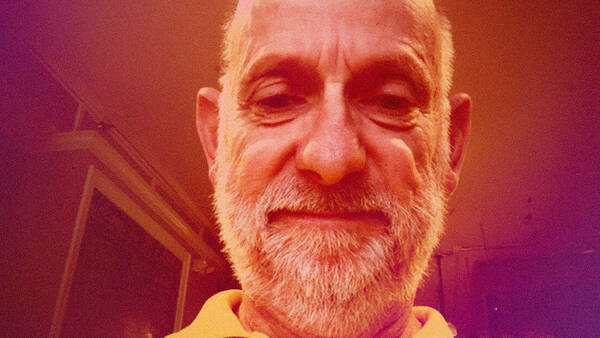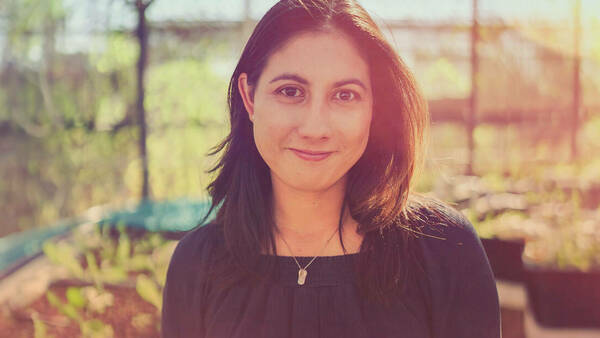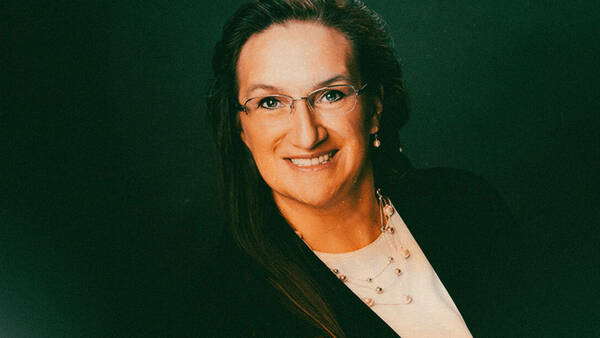“Whether it’s an unjust food system or healthcare system inequalities or social determinants of health, I think partnership and policy are the best ways for us to achieve the scale of change that’s actually needed for it to be felt broadly,” Maria Hinson Tobin ’14 M.S. said.
A graduate of Notre Dame’s Master of Science in Global Health program, Tobin is currently the Director of Development for the Corporate Partnerships team at CARE, a global humanitarian organization committed to assisting women and girls in developing countries in combating poverty and achieving social justice.
CARE provides these women with the knowledge, resources, and connections necessary to address food insecurity, grow and create healthy meals, find meaningful careers, start their own businesses, and, most recently, respond to the COVID-19 crisis.
In Tobin’s current role, she navigates CARE’s strategic partnerships with stakeholders worldwide, galvanizing the support that makes CARE’s multi-sector, large-scale impact possible.
“CARE recognizes that we can’t reduce poverty [and] resolve critical community challenges on our own,” Tobin explained. “There is a certain critical scope and complexity of economic and social transformation that’s required around the world. We have to … leverage the knowledge, resources, and expertise of many types of partners.”
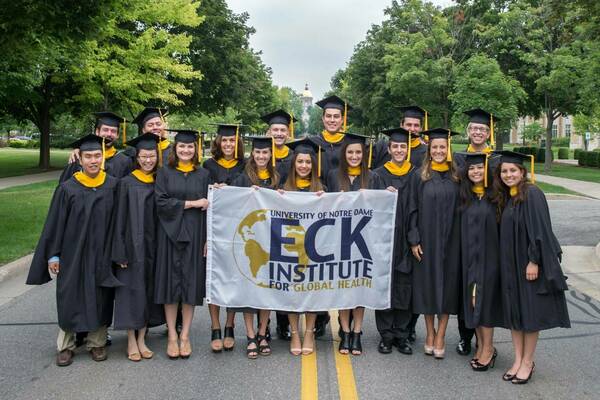
Prior to her time at Notre Dame and her nearly seven-year career with CARE, Tobin — who was born in Louisiana but spent her teenage years in Northwest Indiana — dreamed of becoming a physician.
As an undergraduate biology student at the University of Tennessee, she volunteered extensively with low-income and under-resourced communities.
“I volunteered with a student organization called Clinic Vols,” she recalled. “We worked in some under-resourced communities in Knoxville, Tennessee, where there were few school nurses that would rotate across many schools. We were a group of student volunteers that were there to fill the gap, providing basic first aid to elementary school students.”
She also worked with an organization called Remote Area Medical that provides free vision, dental, and critical preventative services via pop-up clinics to Tennesseans without health insurance.
“Those experiences were really impactful,” Tobin said. “They really opened my eyes to the healthcare disparities in the United States. I was really driven to pivot from this patient-provider mentality to looking at health from the perspective of population needs and how I could create change on a broader scale.”
This realization inspired her to consider graduate programs that explore the root causes of health challenges faced in the United States and around the world. She was attracted to the international focus of Notre Dame’s Global Health program and the University’s spirit of internationalism. However, she saw Notre Dame as a reach school and said being accepted into the program was a surreal moment.
“My [high school’s] valedictorian went to Notre Dame,” she said. “It was always a university that people aspired to attend, especially in Indiana … I did not think I would get in. It was my ‘pie in the sky,’ and when I was afforded the opportunity to go there as a student, I was truly shocked.”
As a Notre Dame student, Tobin worked in Dr. Edwin Michaels’ lab on a computational model to predict the parameters necessary for countries to prevent, and eventually eradicate, a neglected tropical disease known as river blindness. Her research took her to Uganda where she spent three months working in partnership with the Carter Center’s River Blindness Elimination Program looking through data files in order to fine-tune the model.
After graduating in 2014, she moved to Atlanta and began working at CARE USA’s headquarters in the Food and Nutrition Security sector. She explained that CARE seeks to address food insecurity from a holistic perspective.
“Our approach takes into consideration what foods people have access to … based on where they live,” Tobin said. “We want to ensure [people] have the knowledge and awareness of what foods are necessary for them to maintain a healthy nutritional status.”
Working alongside local leaders, CARE and its partners also seek to economically empower women in ways that further contribute to improving food security and nutrition.
“We work with people to try to identify income-generating opportunities in their communities,” Tobin said. “For instance, we’re working … in Central America, creating collectives of women who make tortillas and marketing them as micro-enterprises. We are training farmers on sustainable agricultural practices so that they can improve the quality of their yield, and then [we’re] linking them to markets.”
While the farmers know how to produce food, CARE helps ensure they get the best and most competitive prices for their products.
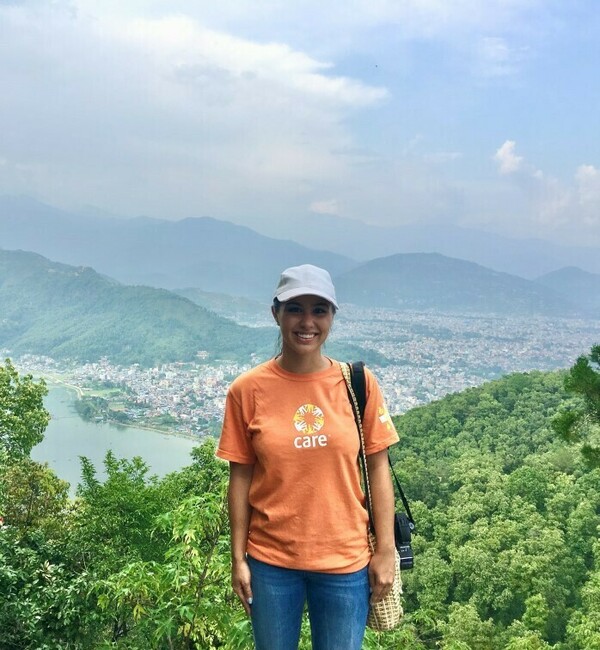
In 2020, COVID-19 altered the scope of Tobin’s duties. She became involved in addressing food insecurity issues resulting from the pandemic as well as assisting local leaders in installing hand-washing stations, raising awareness about COVID-19 vaccines, and educating under-resourced communities on the disease.
“This was one of my proudest accomplishments working at CARE,” she said. “I was able to bring in funding for critical resources to address food insecurity and curb the spread of disease — food packages, hygiene kits, and other critical needs that communities had in Central America and Indonesia.”
For her devoted work at CARE and dedication to helping women and girls worldwide, Tobin was honored as a member of the Notre Dame Alumni Association’s 2020 Domer Dozen cohort — an honor awarded annually to 12 Notre Dame graduates under the age of 32 who exemplify the Alumni Association’s mission of faith, service, learning, and work. For Tobin, the honor was the pinnacle of 2020 after being shocked to even get into Notre Dame years earlier.
“When I attended the University, I was more focused and challenged than I had ever been. It was a life-changing experience, and I feel like I had the most personal growth in that time of my life,” she recalled. “So, to receive this [award], I was floored, and it was truly such an honor.”
She was also recently honored by her undergraduate alma mater as a member of the University of Tennessee’s 40 Under 40 Class of 2022 and by her current city in 2020 with the Young Nonprofit Professionals Network of Atlanta’s 30 Under 30 award.
In addition to her work at CARE, Tobin is currently pursuing a doctorate in public health at the University of Georgia and plans to graduate this May. She said the program complements the technical and programmatic focus of her work and studies at Tennessee, Notre Dame, and CARE by providing a broader context for the issues she has worked to address.
“What I’ve learned over the years is that there’s so much need, and there are not infinite resources,” she said. “Affecting change is very difficult and complex, especially among organizations … and populations that have limited power and resources.”
She added that her program’s focus on health policy and management as key areas of change, especially from a systemic perspective, was crucial in inspiring her choice.
“That really drew me in,” she said. “I think that we need to be considering how we influence decision-makers — the ones that have power and control necessary resources — to really and effectively address the challenges we’re facing today.”

